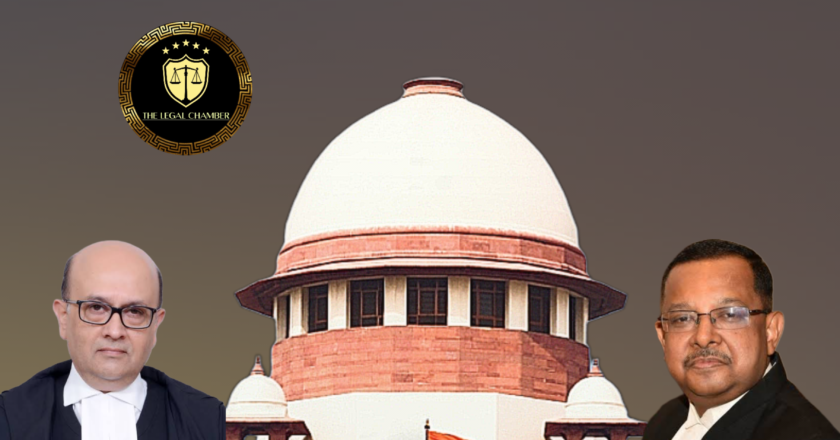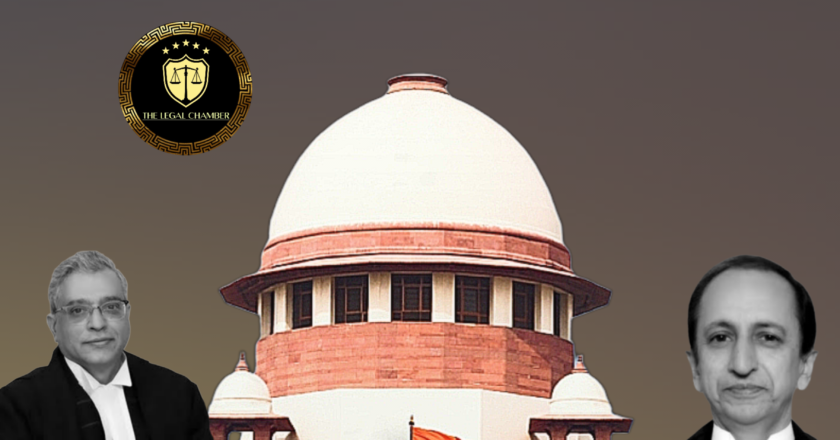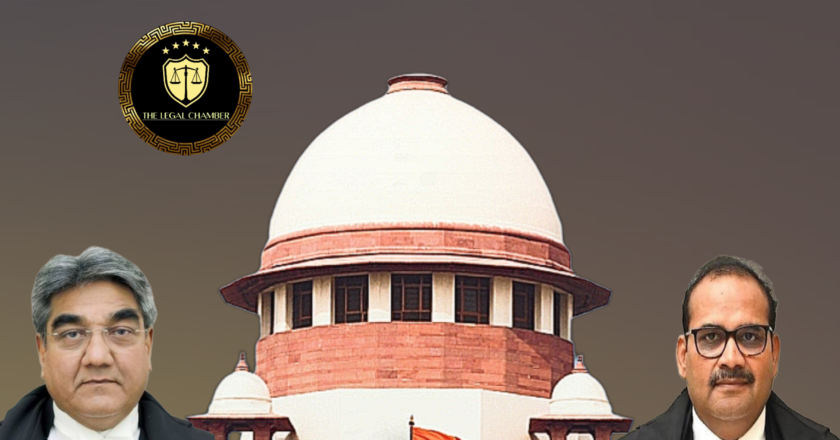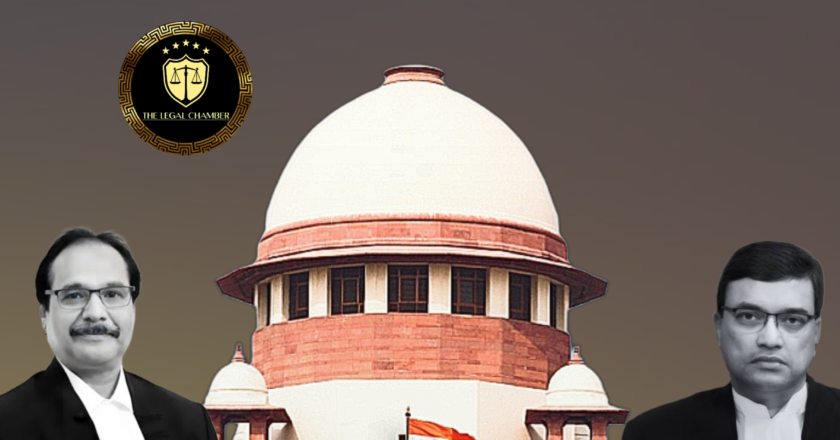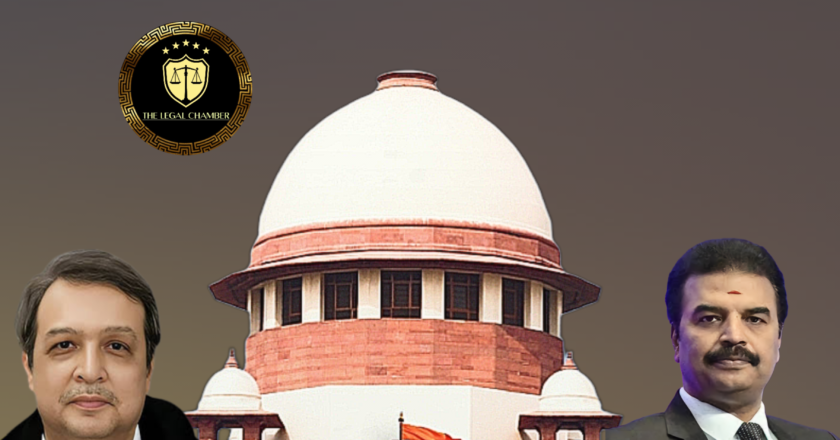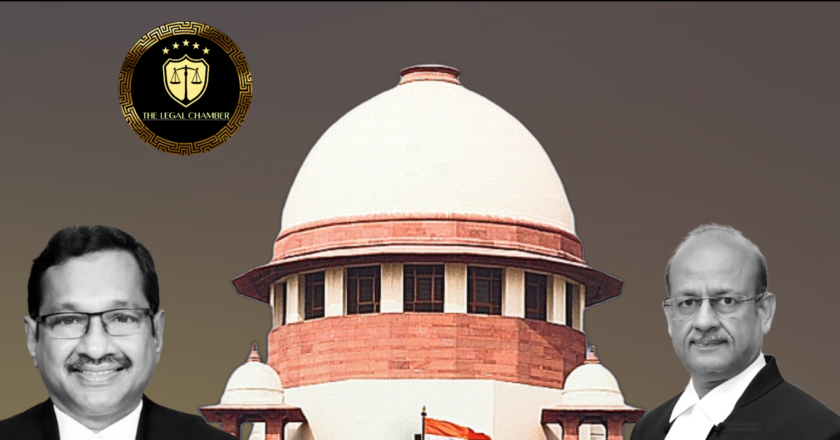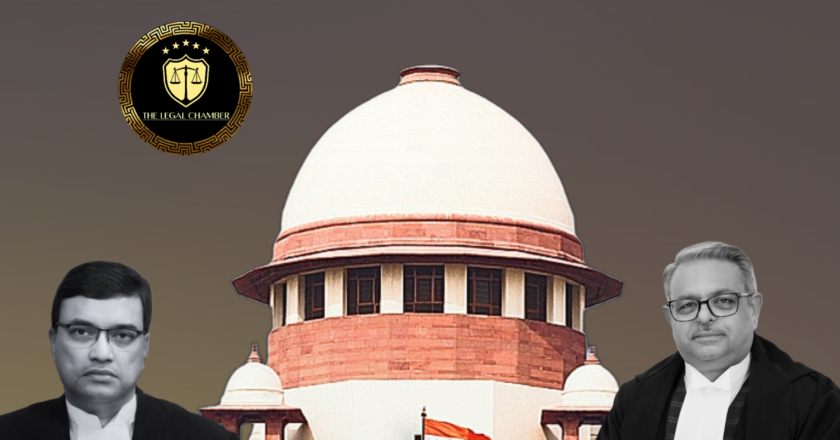Supreme Court Sets Aside NGT Order, Rules Tribunal Can’t Outsource Its Decision-Making to Committees
This Supreme Court judgment underscores that the National Green Tribunal must adhere to statutory procedures and principles of natural justice when passing adverse orders. The Supreme Court set aside the NGT's orders, holding that imposing environmental compensation without making the appellant a party, providing a hearing, or following the mandatory sampling process under the Water Act, 1974, renders the decision illegal and void.
Facts Of The Case:
The case originated from a complaint filed before the National Green Tribunal (NGT) alleging that M/s Triveni Engineering and Industries Ltd. was discharging untreated effluent from its Muzaffarnagar sugar mill, contaminating the local groundwater. The NGT constituted a Joint Committee to inspect the unit. Based on the Committee's reports, w...
